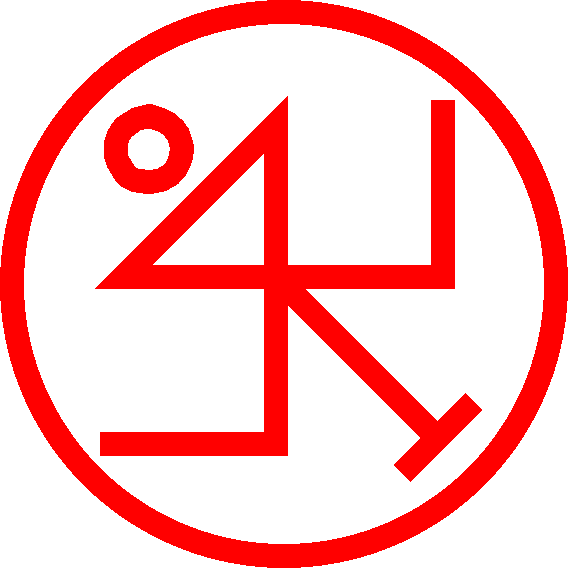A clause is a phrase which has a subject (explicit or implied) and a predicate. Clauses are often classified as independent, which make sense on their own, or dependent (also called subordinate), which make sense only in conjunction with another clause. A sentence generally consists of at least one independent clause, and may also have several dependent clauses.
The difference between the two types of clause is often just a conjunction, a word which subordinates a clause, changing it from independent to dependent.
Independent: “Bob meets Janet”
Dependent: “where Bob meets Janet”
By using the word “where”, we’ve turned what was a complete sentence into something that requires another clause to make sense: “Do you know where Bob meets Janet?”
Dependent clauses, in turn, can be grouped into three categories according to the role they play in the sentence:
- Adverb clauses act as adverbs in their sentence. For example, “I am happiest when I am at home.” Here “when I am at home” explains when I am happiest. It acts as an adverb, much as if we said “I am happiest today.”
- Noun clauses act like nouns. In the sentence “You know that I love Egypt“, the clause “that I love Egypt” acts as the object of the verb “know”. The thing that you know is a fact, and that fact is “that I love Egypt.”
- Relative clauses act like adjectives. In “This is the house that Khufu built”, the clause “that Khufu built” acts as an adjective, describing the house.
One final way to classify dependent clauses is marked or unmarked. While a clause often has a word which marks it as dependent (such as “where”, “when” or “that” in the examples above), sometimes a language may allow dependent clauses to function without a marking word. For example, both of these sentences are considered acceptable in English:
You know I love you. (unmarked)
You know that I love you. (marked)
Although the unmarked version is somewhat more colloquial and less formal, it is still considered grammatical and can be understood clearly.
Egyptian, like English, has both marked and unmarked dependent clauses, and they can have the same three functions (adverb, noun, and relative).
